The truth shall set you (stress) free
It’s a story as old as offices. Colleague A pings Colleague B: “hey, can you help with this?” Colleague B says, “Sure, I’d be happy to,” lying through their teeth. While many of us believe we are Honest Abes, we micro-lie our way through the day, anywhere from 2-3 times an hour to 1-2 times a day.
It's easy to understand why we tell micro-lies at work. To sum it up, there are generally four key motives: we want to be polite; we want to protect our self-image; we fear speaking truth to power; and we shy away from conflict. Sound familiar?
Interestingly, white lies are a social skill that we learn at around age four. When, as kids, we say something too honest, e.g., "he looks weird," our parents scold us. And so we learn to bite our tongues. Being an effective liar is even considered an important marker of a child’s cognitive development.
While we may think lying is important socially, the problem is that fudging the truth has a direct impact on our mental health.
Lying - yes, even white lies - is linked with elevated heart rate, blood pressure, and cortisol levels. Lying activates the limbic system in the brain, the same area that lights up when we have a “fight or flight” response.
Even worse, lying drains our mental capacity. When we lie, we have to commit the lie to memory. Studies show that this action depletes precious cognitive resources, which could be used to down-regulate stress or up-regulate our rest-and-digest systems. (For more information on energy management and stress, read our Drop on the body budget.)
In a Notre Dame study of over 100 participants, those who told 3 fewer white lies a week experienced positive mental health outcomes. Their mental and physical symptoms of stress were roughly cut in half (a 54% and 56% decrease, respectively).
Telling the truth at work may not be as hard as you think. In the Notre Dame study, some participants just told the truth instead of exaggerating. Some said they stopped making excuses. Others learned to avoid lying by responding to a question with a question (seems like misdirection counts!)
Being honest is a trend that has been gaining steam. From TikTok influencers posting funny videos on how to politely set boundaries at work to Scientific American publishing an entire special edition on truth, lies, and uncertainty.
In the words of Sam Harris: “to lie is to erect a boundary between the truth we are living and the perception others have of us.” So in the spirit of honesty, we invite you to break down a few boundaries.
The Habit:
Over the next 2 weeks, avoid telling white lies at work. If this is hard for you, start small by jotting down when you tell lies - why did you lie? What do you think would have happened if you told the truth?
Over time, start telling the truth, or misdirect questions with… other questions (a proven technique!) Note how it makes you feel when you’re honest. And please feel free to send this to your boss if they threaten to fire you.
How to know if it's working:
Studies have shown that telling the truth creates positive emotions, which in turn have a positive effect on stress and anxiety.
Additional Reading/Listening:
Lies, Liars, and Lie Catchers. And the strange power of lying to yourself (podcast, transcript) by RadioLab
Why be honest if honesty doesn’t pay (HBR) by Amar Bhidé and Howard H. Stevenson
The Anatomy of Trust (video, transcript) by Brene Brown
Written by Lauren Vriens and Maria Potoroczyn
Follow Habit & Co. on LinkedIn, Twitter, or Instagram
Disclaimer:
Information provided in this newsletter is not medical or professional health care advice. If you are struggling right now and looking for help, please dial 988 to talk to a trained counselor at a crisis center closest to you.
